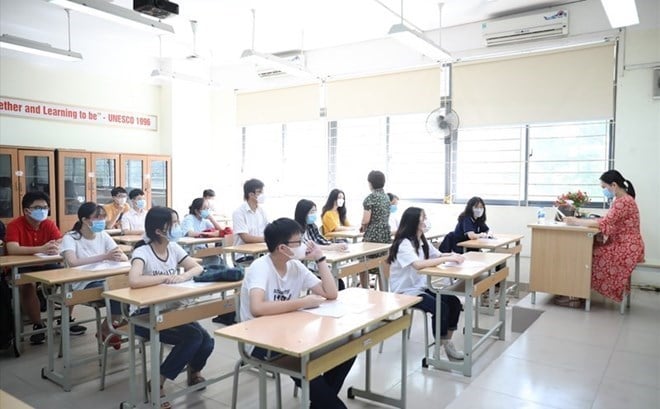
Currently, Article 4 of Circular 17/2012/TT-BGDDT stipulates that cases where extra teaching is not allowed include:
- Do not teach extra classes for students who have been organized by the school to study 2 sessions/day.
- Do not teach extra classes for primary school students, except in the following cases: art training, physical education, and life skills training.
- Universities, colleges, vocational schools and vocational training schools do not organize additional teaching and learning of contents according to the general education program.
- For teachers receiving salary from the salary fund of public service units:
Not allowed to organize extra teaching or learning outside of school but can participate in extra teaching outside of school;
It is not allowed to teach extra classes outside of school for students that the teacher is teaching in the regular curriculum without the permission of the Head of the agency that manages that teacher.
However, in the new draft Circular on extra teaching and learning of the Ministry of Education and Training, the above provision on cases where extra teaching is not allowed is no longer mentioned.
According to Article 5 of the draft, teachers (including Vice Principals) who are working and receiving salaries from the salary fund of public general education institutions or continuing education institutions are allowed to participate in extra-curricular teaching outside of school but must meet the following requirements:
- Report to the Principal about the subject, location, time of extra teaching and commit to the Principal to complete assigned tasks, not violating the principles of extra teaching and learning.
- In case a teacher's extracurricular class includes students from the class that the teacher is directly teaching in school, he/she must report and make a list of those students (full name of student; class in school) to the Principal and commit not to use any form of forcing students to take extra classes.
- Principals participating in extra-curricular teaching must report to and receive approval from the Head of the Department of Education and Training (for junior high schools) and the Director of the Department of Education and Training (for high schools).
It can be seen that the draft of the new Circular has relaxed the regulations on extra teaching and learning. Accordingly, teachers who teach extra classes to students who are directly teaching in schools do not have to ask for permission from the Head of the agency but only need to report, make a list of students along with a commitment not to force students to take extra classes.
The regulation prohibiting extra tutoring for primary school students also no longer exists.
Regarding the principles of extra teaching and learning, Article 3 of the new draft Circular of the Ministry of Education stipulates that extra teaching and learning can only be organized when students have the need to learn extra, voluntarily learn extra and have the consent of their parents or guardians. No form of coercion can be used to force students to learn extra.
The duration, time and location of extra teaching and learning must be suitable for the psychology and age of the students, ensure the health of the students, and comply with legal regulations on security, order, safety and environmental hygiene in the area where extra teaching and learning classes are held.
The draft stipulates that extra teaching and learning cannot be organized in schools that already organize 2 sessions/day.
Extra classes must not reduce the content of the subject program in the school's education plan to include extra teaching and learning. At the same time, they must not teach extra content in advance compared to the distribution of the subject program in the school's education plan; and must not use examples, questions, and exercises that have been taught or learned extra to test and evaluate students.
In particular, the content of extra teaching and learning must contribute to consolidating and improving knowledge, skills, and personality education of students; must not be contrary to the provisions of Vietnamese law, and must not contain prejudices about ethnicity, religion, occupation, gender, social status, customs and traditions of Vietnam.
Source: https://laodong.vn/giao-duc/noi-long-quy-dinh-ve-day-them-cho-giao-vien-1386005.ldo



![[Photo] Special relics at the Vietnam Military History Museum associated with the heroic April 30th](https://vstatic.vietnam.vn/vietnam/resource/IMAGE/2025/4/3/a49d65b17b804e398de42bc2caba8368)
![[Photo] Moment of love: Myanmar people are moved to thank Vietnamese soldiers](https://vstatic.vietnam.vn/vietnam/resource/IMAGE/2025/4/3/9b2e07196eb14aa5aacb1bc9e067ae6f)


![[Photo] General Secretary To Lam receives Japanese Ambassador to Vietnam Ito Naoki](https://vstatic.vietnam.vn/vietnam/resource/IMAGE/2025/4/3/3a5d233bc09d4928ac9bfed97674be98)
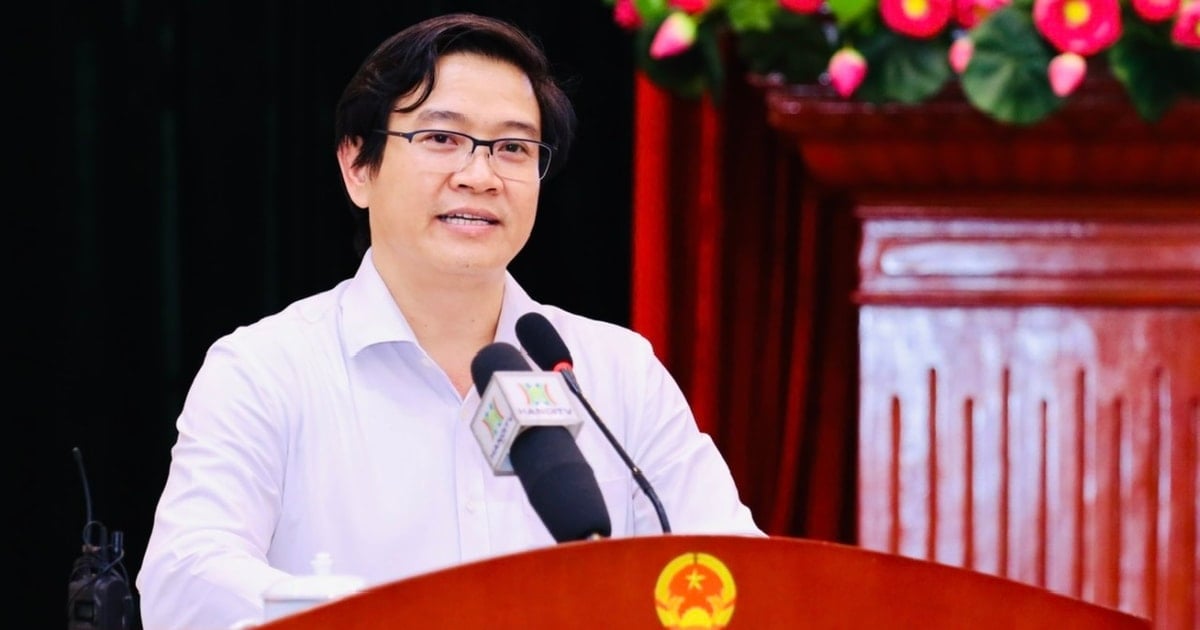

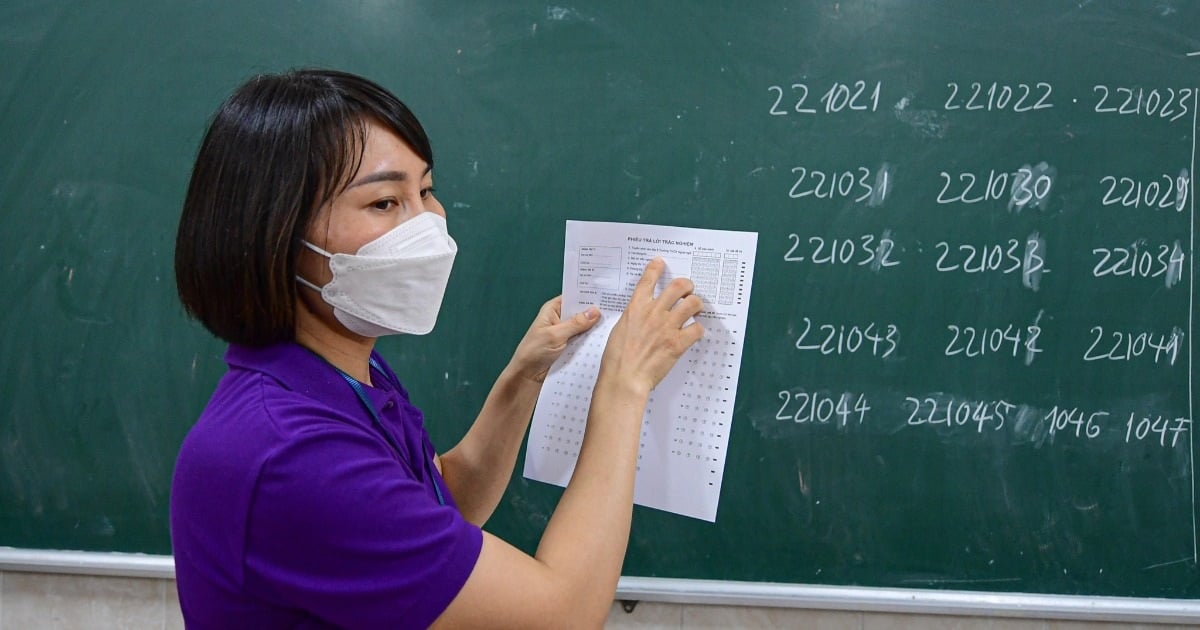

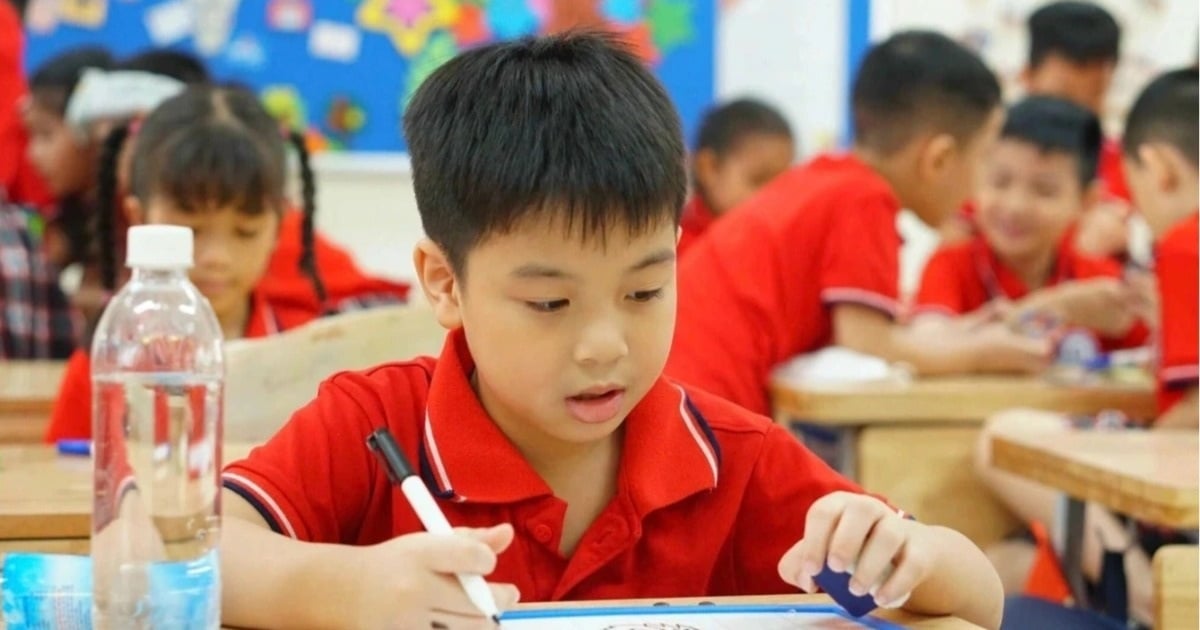


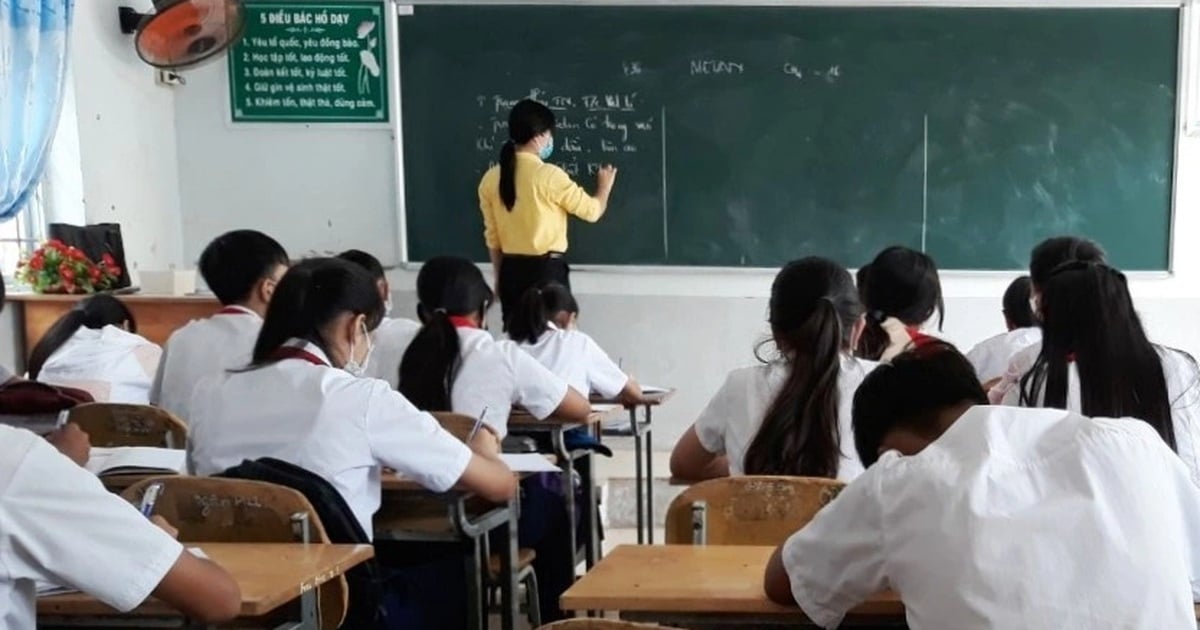
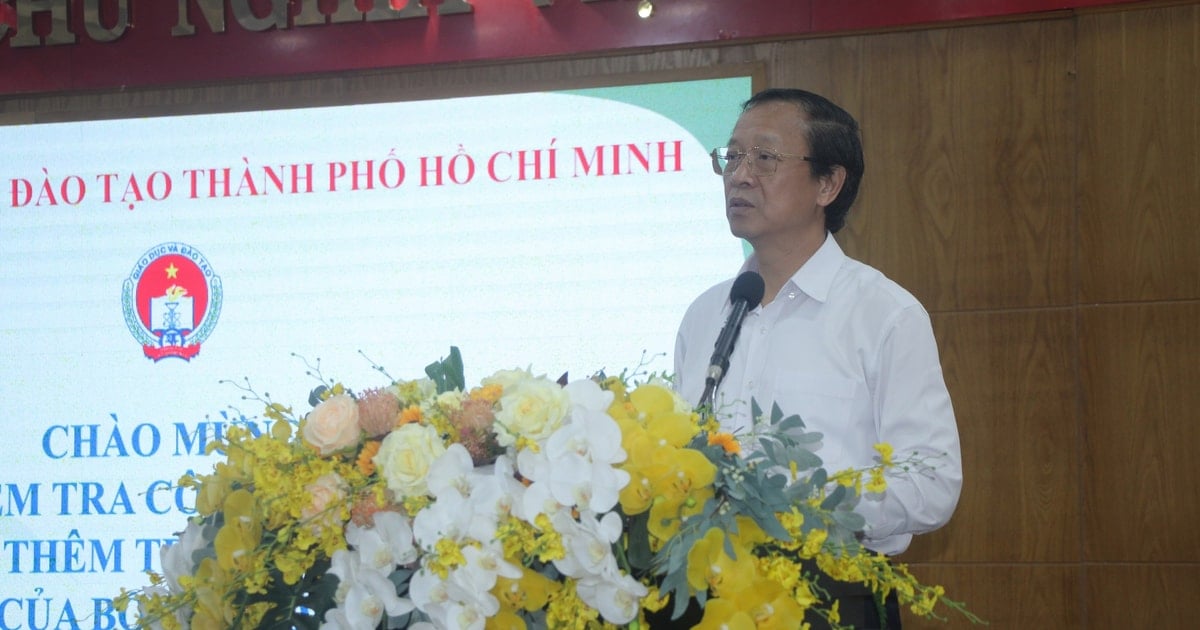
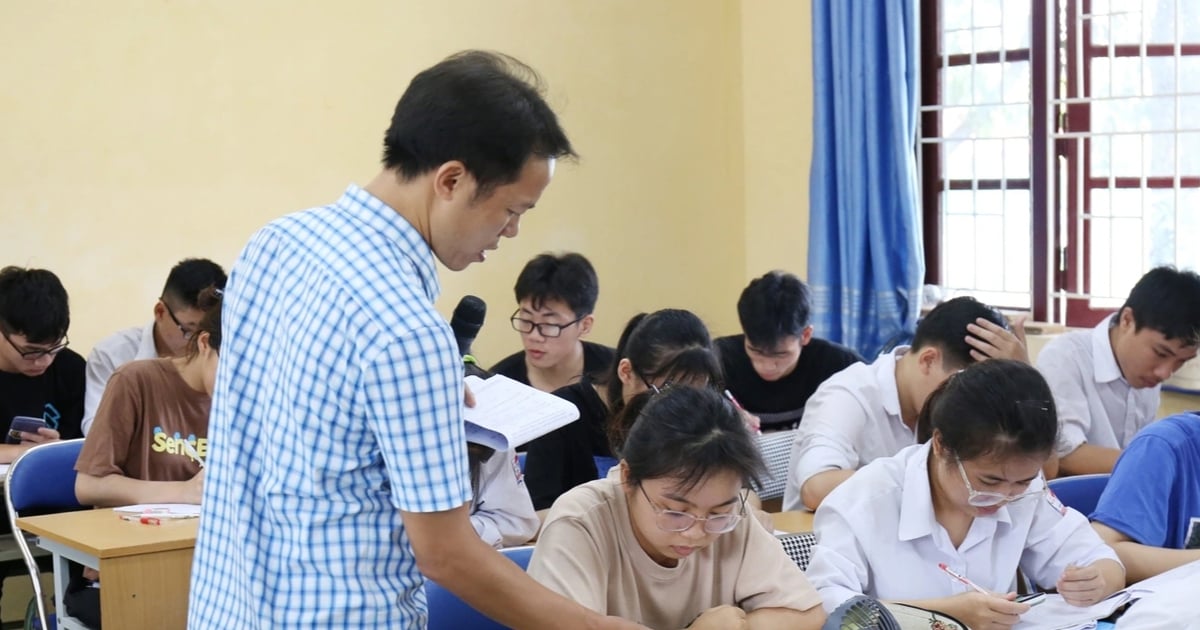
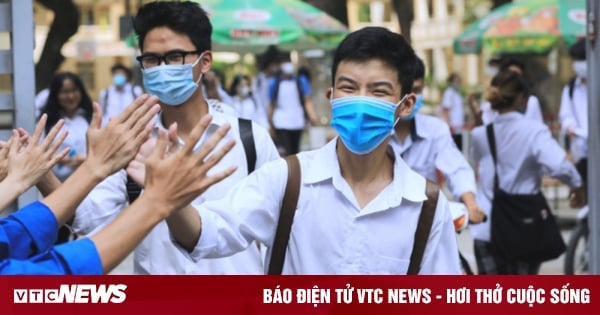
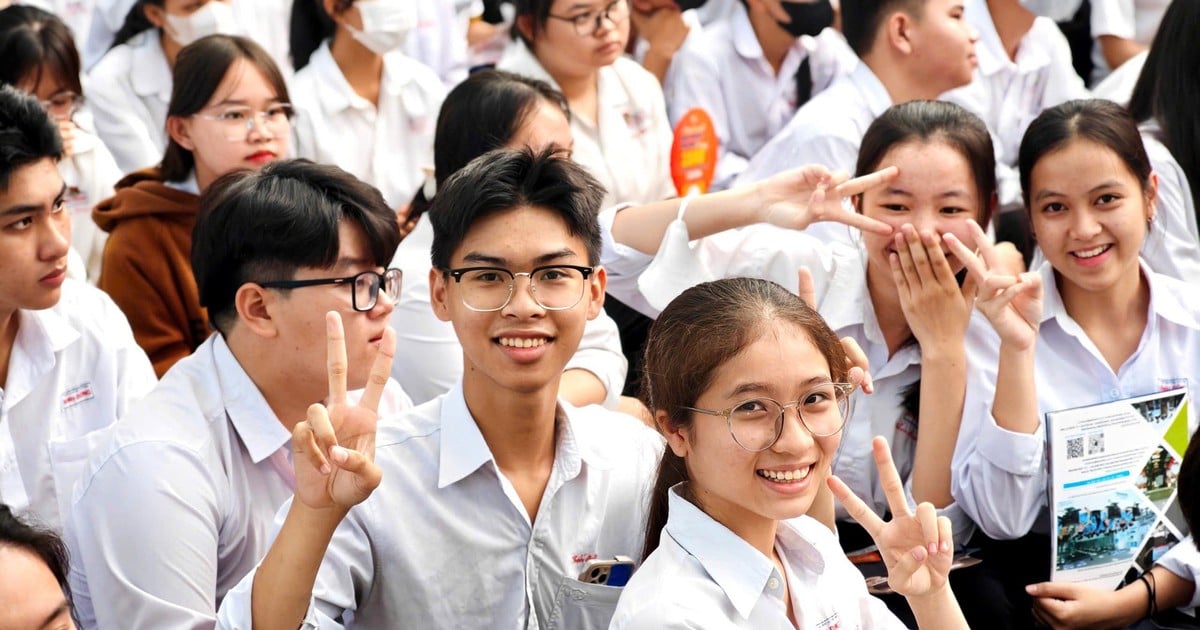
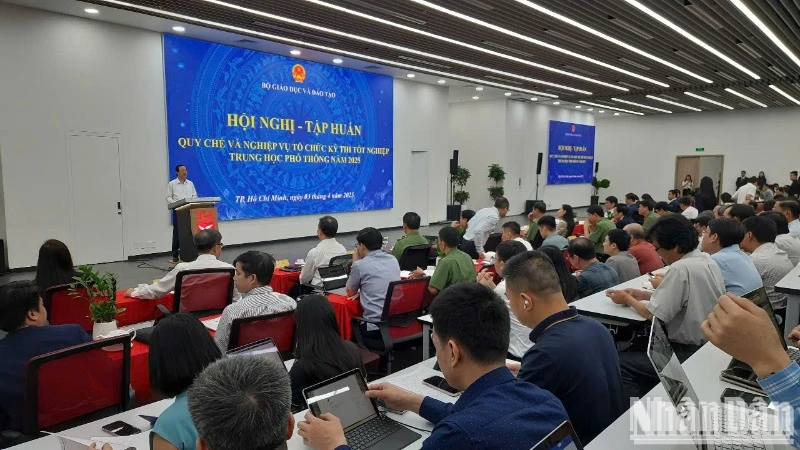
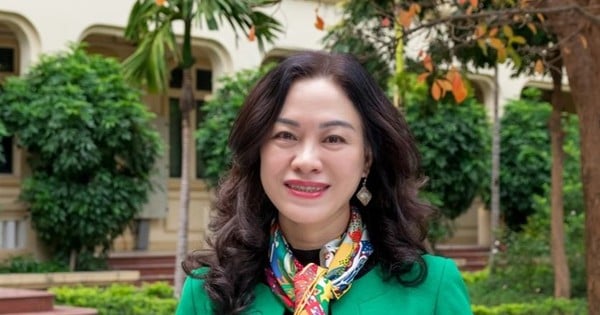
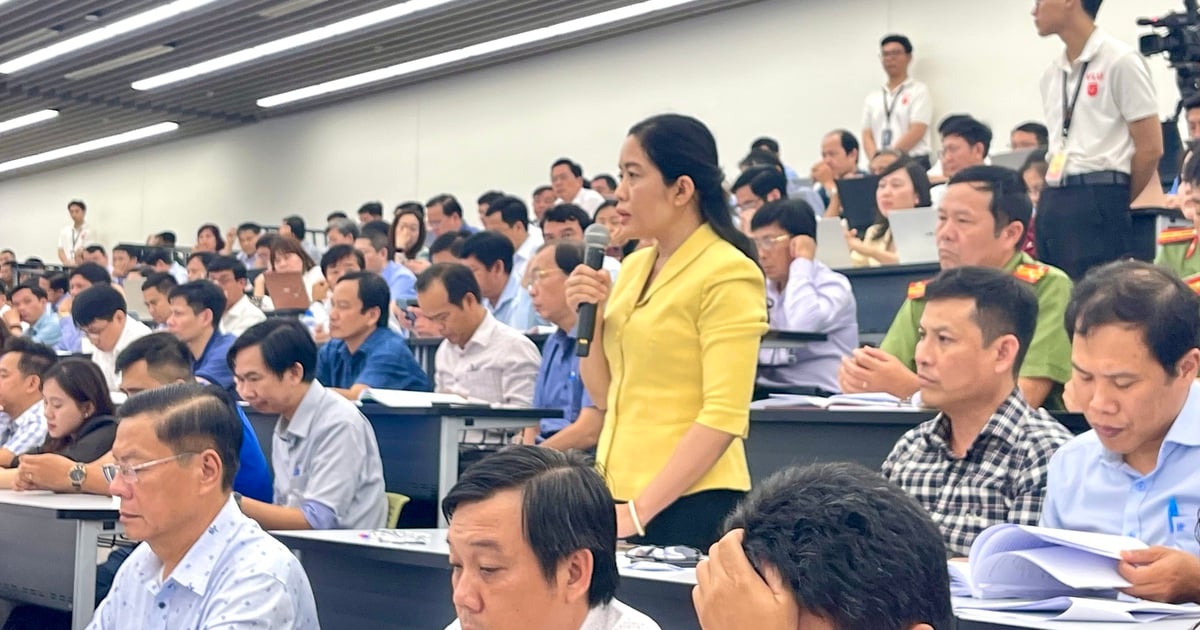




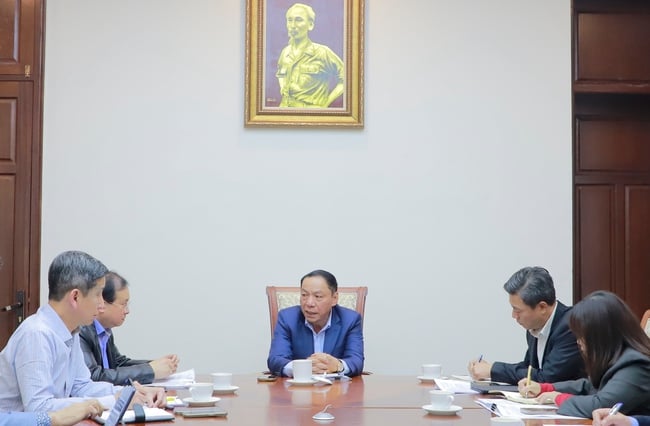



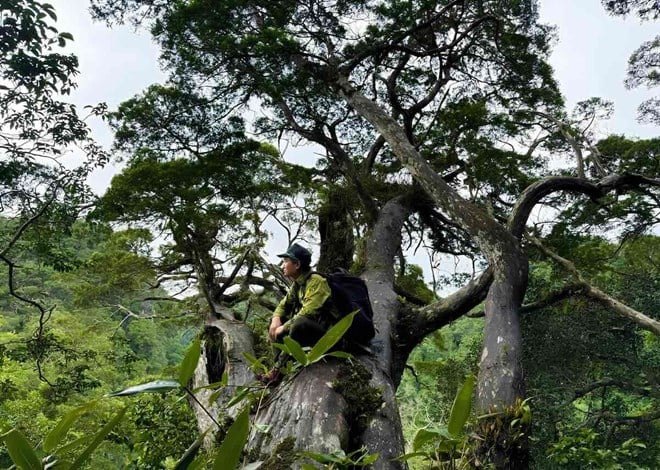




























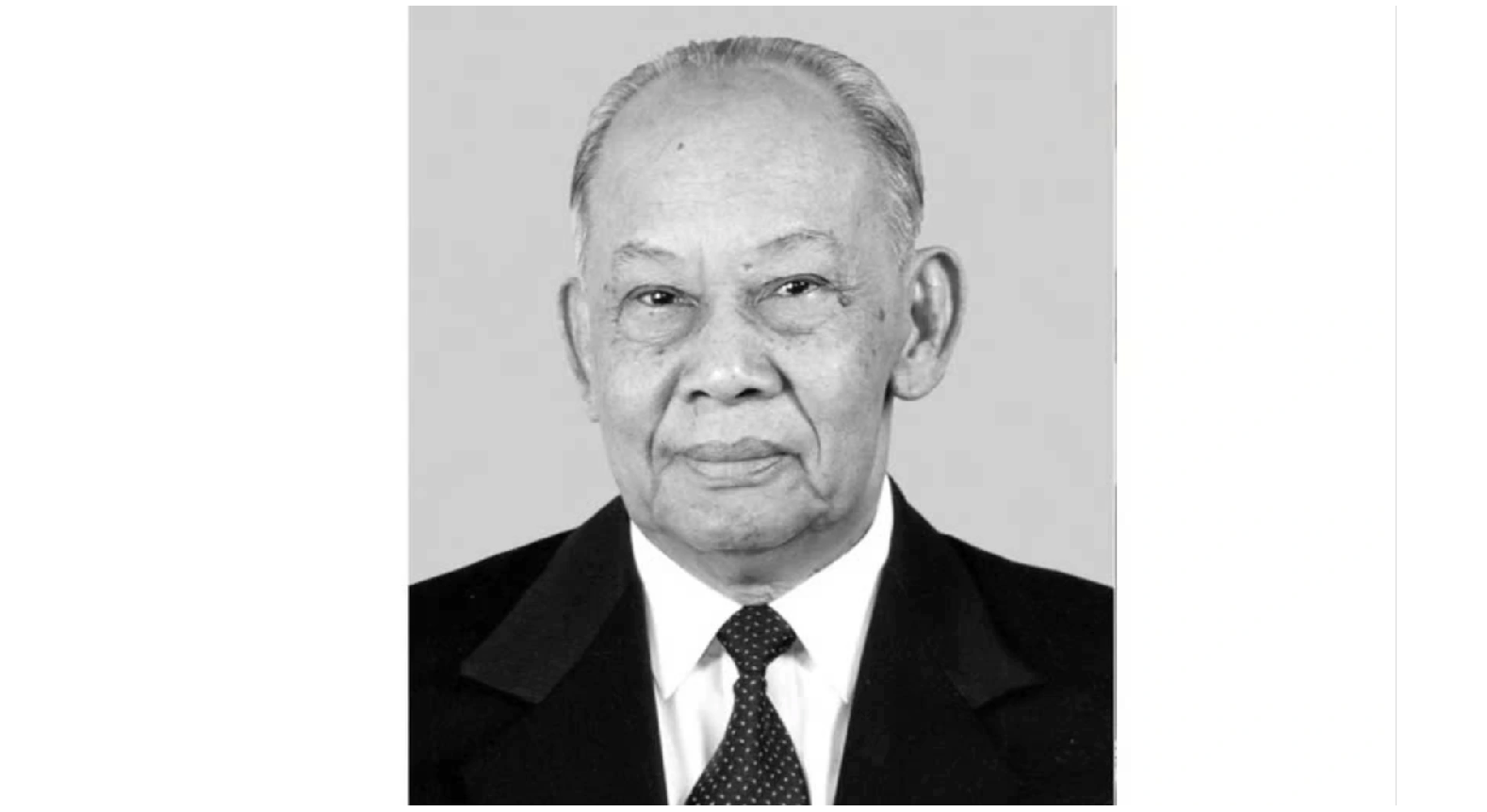




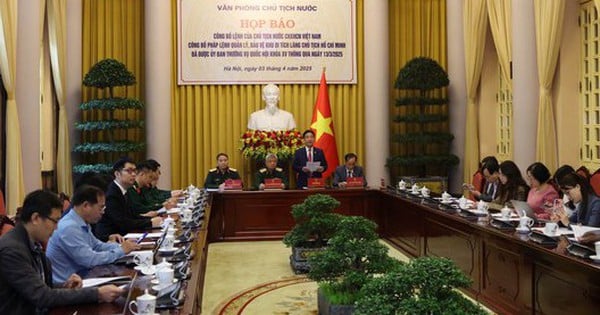



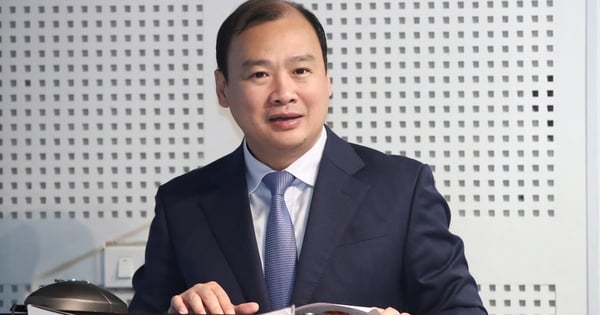
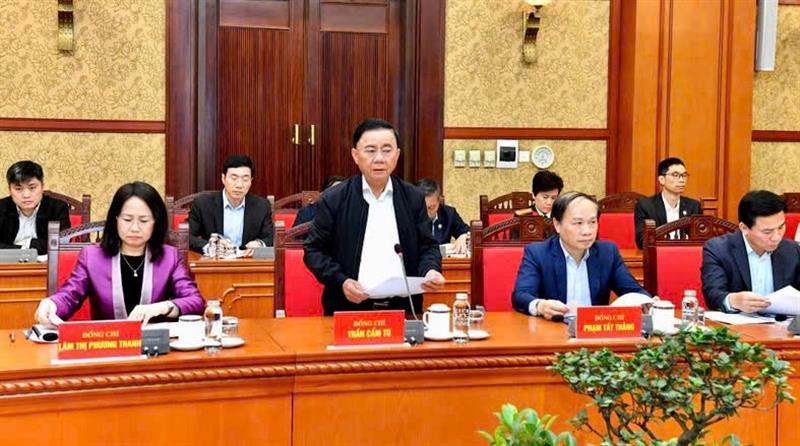

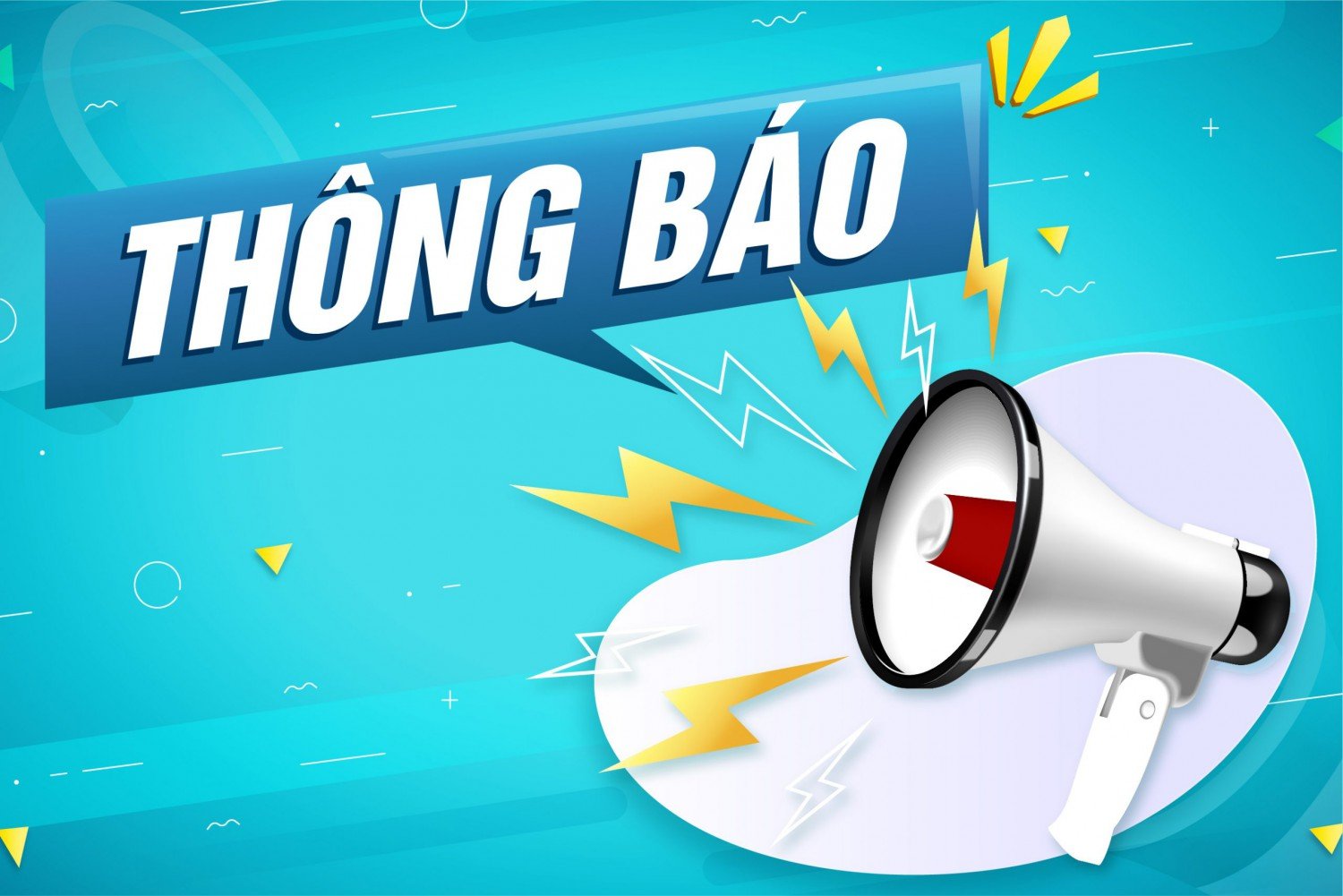
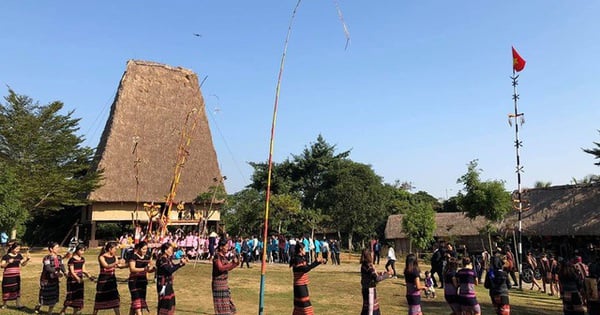


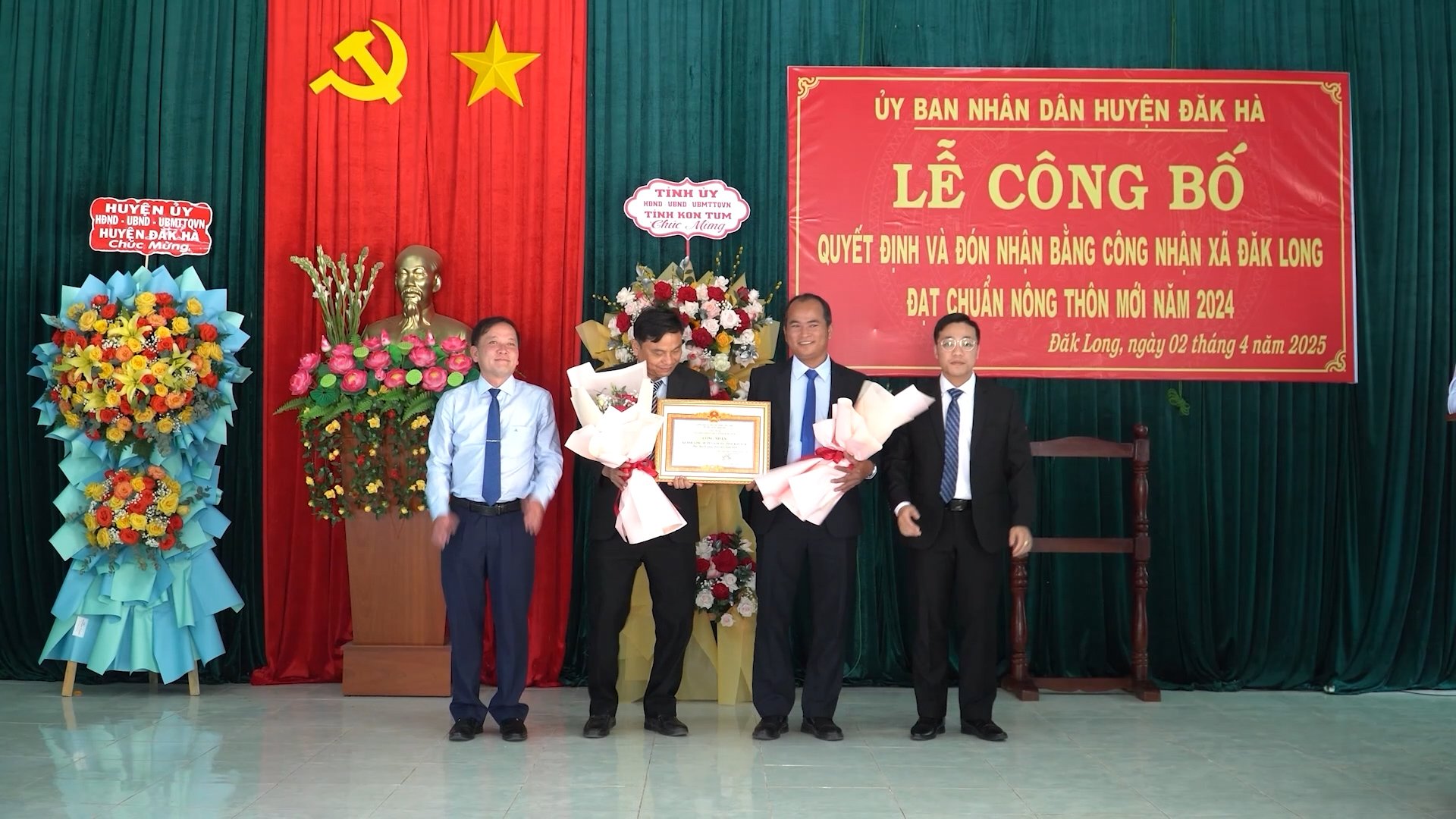
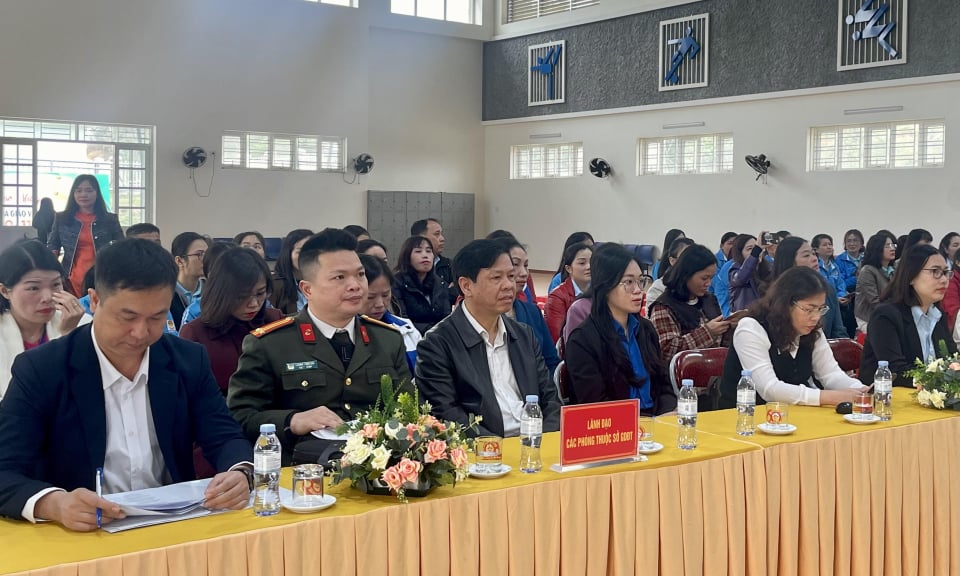

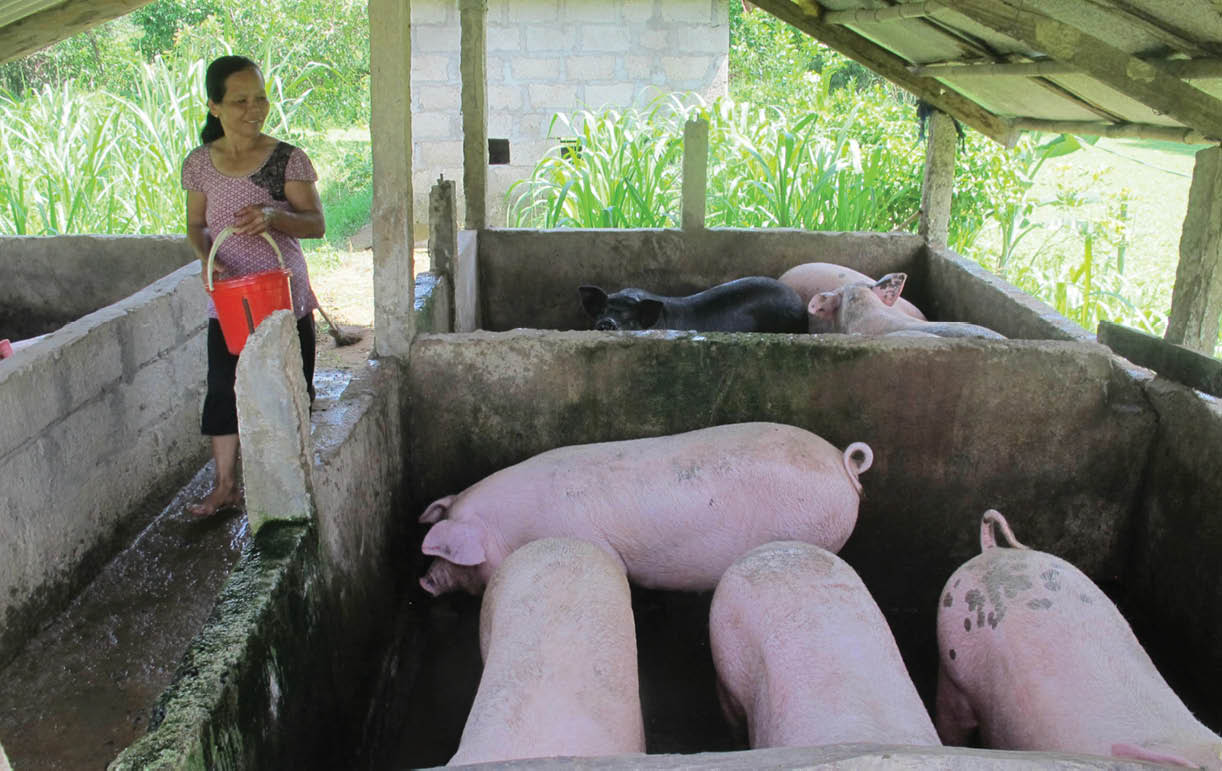

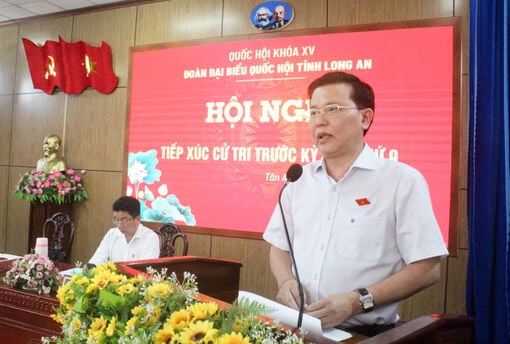












Comment (0)